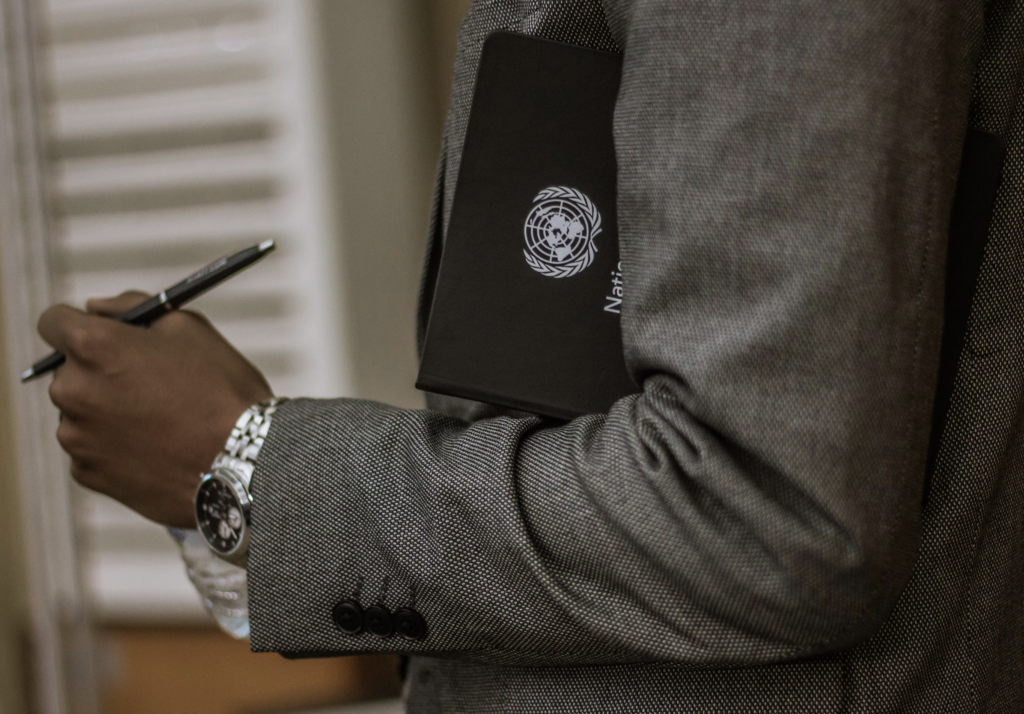The immediate steps needed to fix UN financing
- Increase the share of assessed contributions to the WHO
- Link discussions on UN funding reform to its desired global functions
- Make the formula for assessed contributions fit for purpose
- Penalise arrears
Introduction
It is no secret that the World Health Organization (WHO) is grossly underfunded. As its Executive Board meets this week to discuss how it can become the global health institution the world needs and wants, all eyes will be on whether the WHO can finally solve the problem of its precarious financing.
But there is even more at stake in this debate than the WHO’s own financial health. If a financial fix can be found for what ails the WHO, there will likely be ripple effects for the ways member states fund entities across the United Nations system whose funding structures are equally shaky. It is the possibility of these downstream consequences – including the potential liabilities that action at the WHO could place on reform efforts in other UN entities – that is one of the greatest political challenges to fixing the WHO’s balance sheet.
Nevertheless, this is a Pandora’s box worth opening. The lack of predictable and flexible finance for a sickly UN multilateral system is a problem in urgent need of a solution.
The WHO financing debate and its wider relevance for UN entities
If member states are serious about wanting a more effective UN system for managing an expanding list of global challenges, individual entities must be solidly financed to ensure their independent capacity to act. For the WHO, this requires a sustainable source of funding to enable it to fulfill its essential global health functions, including the creation of norms and standards based on the best technical knowledge and evidence, as well as preventing, detecting and responding to disease outbreaks such as the Covid-19 pandemic.
However, only about 16% of the WHO’s $6 billion budget over the biennium 2020–2021 came from a predictable, stable funding source. This regular budget is made up of obligatory member state dues, allocated in a UN formula tabled every three years in the UN General Assembly. This formula weights contributions according to a country’s economic strength and population size, with adjustments made on the basis of income per capita and debt burden and is intended to ensure fair financing obligations across countries of dissimilar means. Currently the formula’s minimum contribution stands at 0.001% of the regular budget, while its maximum contribution is 22%.
Admittedly, the UN scale of assessment is not the only formula for allocating financing responsibilities; there are alternatives. Some UN entities rely on contribution class systems (where states, upon joining the organisation, elect one out of several set contribution classes, which then prescribe the level of membership fees that need to be paid) or methodologies that include mandate-related indicators (for example, the International Maritime Organization includes the size of a member state’s fleet of merchant ships as a variable when calculating contributions). For most UN entities that collect membership fees, however, the UN regular budget’s scale of assessments has been the main reference for calculating obligatory membership fees (Table 1).
The application of this scale sits at the centre of current financing debates at the WHO. In January 2021, a Working Group on Sustainable Finance was set up to explore options and responsibilities for financing the essential functions of the WHO. A key proposal discussed by the Working Group involved doubling members’ assessed contributions from their 2022/23 levels, starting in 2024 and gradually increasing until 2028–2029. This would break with an approach that has essentially frozen the WHO’s regular budget since the 1980s. Although the Working Group’s proposal was less than the 66% increase in member state fees proposed by the Independent Panel for Pandemic Preparedness and Response earlier this year, no consensus was reached on the recommendation.
This publication first appeared on the ODI site.
Read the full paper here.
Authors: Nilima Gulrajani (ODI), Sebastian Haug and Silke Weinlich (DIE).
Photo by Ilyass SEDDOUG on Unsplash.
The views are those of the authors and not necessarily those of ETTG.




